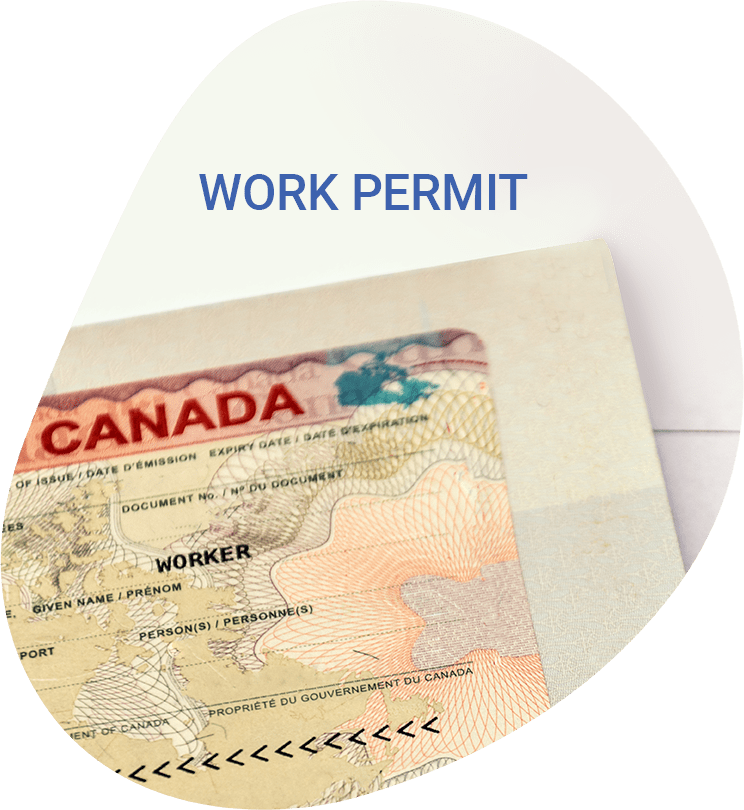You have to be a citizen of a participating country to apply for the International Canadian Experience (IEC). The IEC is a set of programs that makes it possible for young foreigners to travel to stay and work in Canada temporarily.
There are 3 IEC programs for foreigners of participating countries to apply and potentially move to work in Canada. Qualifying for any of the programs allows you to apply for a work permit without necessarily needing a Labour Impact Assessment (LMIA).
Depending on the agreement Canada has with your country, you’ll receive a 1 or 2-year work permit for Canada.
Applicants who apply for IEC work permits go into a pool and are subject to a random draw. As such, not every applicant who submits their application is selected for the available programs.
Additionally, each participating country has a quota for each program, which determines how many applicants IRCC invites to apply. Each of the 3 available programs has unique requirements, so it’s essential to verify what they are to determine your eligibility.
Who’s Eligible for IEC?
There are certain general requirements that IEC applicants must meet to stand a chance of approval. For starters, you must be a citizen of a participating country and be 35 years or younger at the time of application.
You can find the list of countries eligible for IEC and the programs available here. The application procedure, eligibility criteria, and likelihood of success will vary depending on the program and the country.
However, only a handful of countries are eligible for IEC. Fortunately, if you would like to live and work in Canada under the International Experience Canada program, you can always do so through a RO.
Short for a Recognized Organization, ROs are youth service firms that offer work and travel support to youth. The good news is that they can be educational, non-profit, or for-profit, which opens up a huge pool of organizations that can help you qualify under IEC.
Unfortunately, the majority of ROs require you to pay a fee for their services, on top of what you’ll need to pay including visa application and medical fees among others.
Now that you know who’s eligible for International Experience Canada, below are the programs under this immigration scheme.
Working Holiday
This IEC Canadian travel experience is best for you if you want to work on an open work permit in Canada. With a Canadian work permit, you can work for any employer of your choice.
Other benefits of the working holiday program include:
- You don’t require a job offer
- You can work in any location
- You can work and travel simultaneously
Not being tied to one employer affords you the freedom to travel and change employers whenever you need to without fear of breaking immigration laws.
The downside of applying for IEC through the working holiday is that it’s the most competitive of the lot. Its relaxed requirements makes it incredibly appealing. Couple this with the predetermined quotas of IEC programs and your chances of succeeding under the program are lower than in the rest of the programs.
Young Professionals
While you can’t get permanent residency via an IEC program, they’re a great starting point. Most routes to permanent residency favor people with Canadian education or work experience.
As a foreigner, one of the best ways to get Canadian work experience is by applying for the Young Professionals program. However, before you apply for this program, you MUST have a valid job offer.
Unlike the Work Holiday program where you get an open work permit, Canadian work permits granted under this program are employer-specific. This means that during your work stay in Canada, you’re only allowed to work for a single employer in one location for the entirety of the period granted.
While the Young Professional program might not be the best if you’re looking for work freedom, it’s excellent for the following candidates:
- Participants with a valid job offer from a Canadian employer
- People who are comfortable working for one employer in the same location for the period their work permit is valid
- People who want to work as employees, not self-employed
The job you get must be among those classified under the National Occupational Classification (NOC), which you can find on the IRCC website.

International Co-op (Internship)
The final program in the IEC scheme is an internship program that provides international students a chance to intern at a Canadian company as part of their post-secondary education requirement.
Like the Young Professional program, applicants for International Co-op MUST have a job or internship offer in Canada. Similarly, successful International Co-op applicants receive an employer-specific work permit.
This program is best for:
- Students enrolled in a post-secondary institution
- Applicants with a valid work placement or internship offer in Canada
- Students who need an internship or work placement as part of their post-secondary curriculum
- People willing to work for the same employer for the entirety of their work permits’ validity
Applicants interested in any of the 3 programs are advised to consult their respective country authorities to find out the application requirements, application process, and each programs’ quota.Once you meet the eligibility criteria and have been invited to apply for a work permit, you can find out the documents required for a Canada work permit on the IRCC website.

No comment yet, add your voice below!